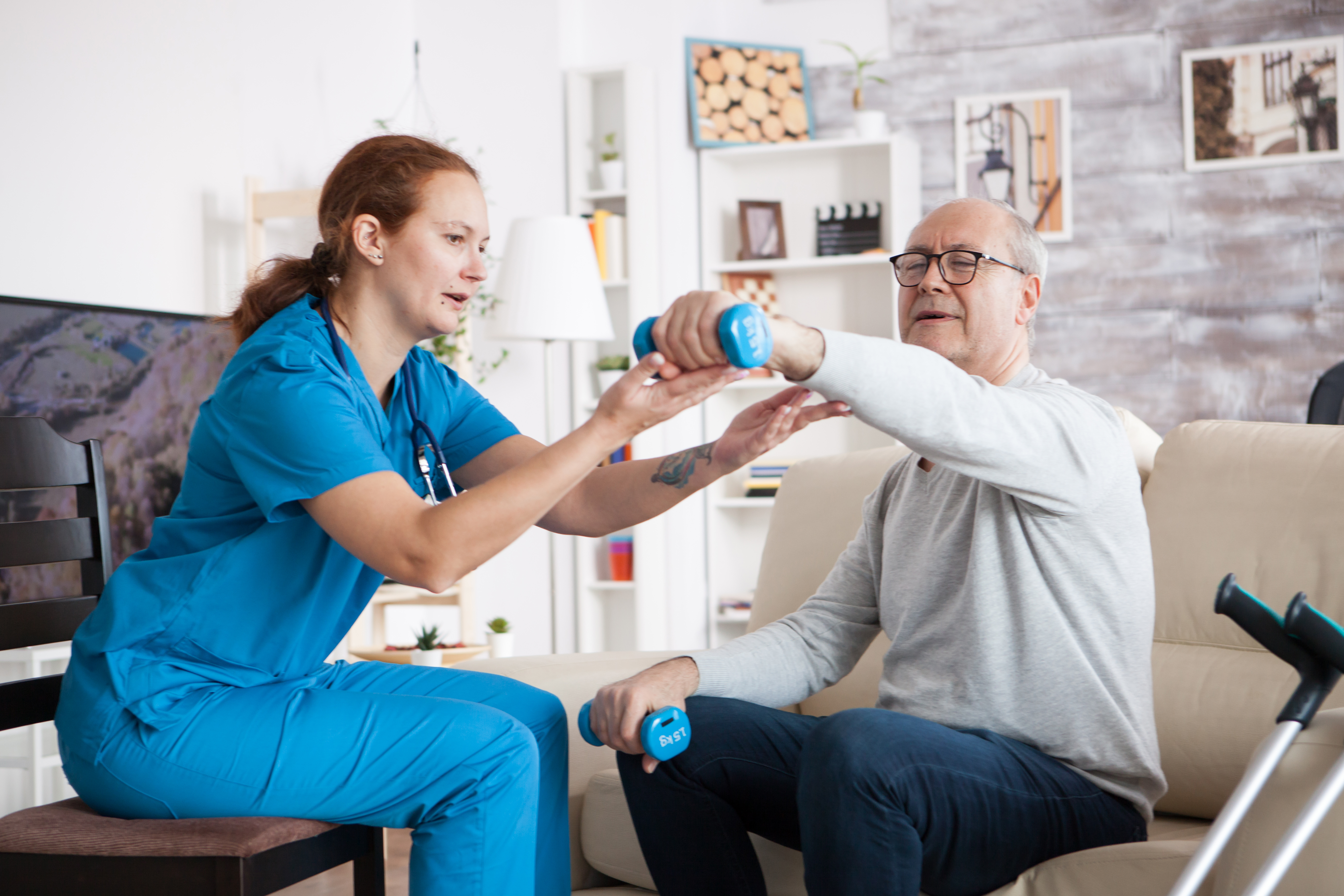
Parkinsonism is a neurological condition that affects movement, causing tremors, stiffness, and slow movements. It is a syndrome rather than a specific disease and can be caused by various underlying conditions, including Parkinson’s disease and other neurodegenerative disorders.
he most common cause, due to the loss of dopamine-producing neurons in the brain.
Can result from medications (e.g., antipsychotics), brain injuries, strokes, or exposure to toxins.
Includes Multiple System Atrophy (MSA), Progressive Supranuclear Palsy (PSP), and Corticobasal Degeneration (CBD), which have additional neurological symptoms.
Tremors in the hands, arms, legs, jaw, or head
Slowed movement, also called bradykinesia
Muscle stiffness and rigidity
Postural instability and balance problems
Trouble walking
Loss of automatic movements, like blinking or smiling
Depression, anxiety, or feeling very tired
Sleep problems, like difficulty sleeping at night or acting out dreams
Autonomic dysfunction (low blood pressure, digestive issues)
Speech changes, like speaking softly or quickly
Difficulty swallowing
Trouble smelling
Improves walking, coordination, and stability.
Reduces muscle stiffness and improves range of motion.
Helps maintain muscle strength and physical fitness.
Enhances muscle activation and movement control.
Reduces hunched posture and improves alignment.
Supports better hand coordination and daily activities.
Regular exercise and a healthy diet can improve mobility and overall well-being.
Support groups and counseling can help manage emotional challenges.
Medication adjustments over time are necessary as symptoms progress.
While there is no cure for parkinsonism, early diagnosis and proper management can significantly improve quality of life. A multidisciplinary approach with neurologists, therapists, and caregivers is essential for long-term care.
At Fisiobee, we help individuals with Parkinsonism move better, stay active, and maintain independence.